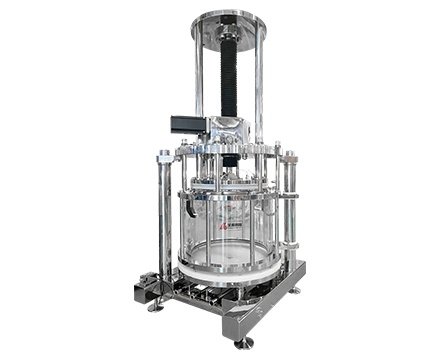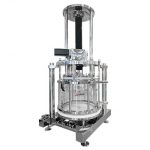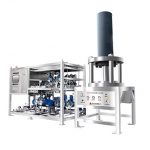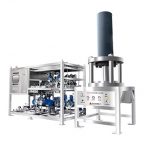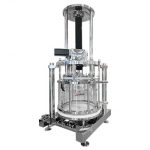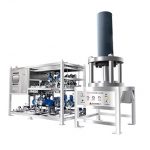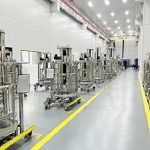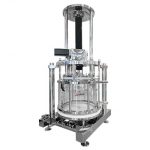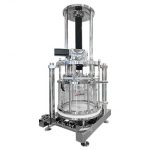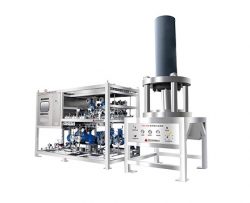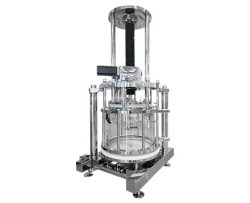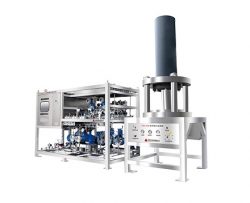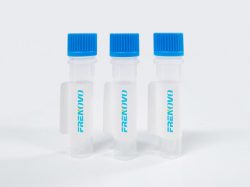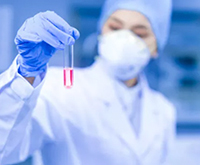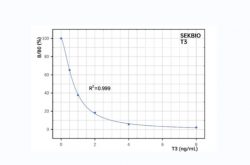Biopharmaceutical Purification
Biopharmaceutical purification involves the separation and purification of therapeutic proteins, antibodies, and other biological molecules derived from living organisms. The process aims to remove impurities, such as host cell proteins, DNA, endotoxins, and aggregates, to ensure the safety and efficacy of the final biopharmaceutical product.
How Does Chromatography Work In Biopharmaceutical Purification?
Chromatography is a widely used technique in biopharmaceutical purification. It involves the separation of molecules based on their physicochemical properties, such as charge, size, or affinity for a specific ligand. The mixture is passed through a column containing a stationary phase, and the target molecule(s) selectively bind to the stationary phase while the impurities pass through. The target molecule(s) can then be eluted from the column for further processing.
